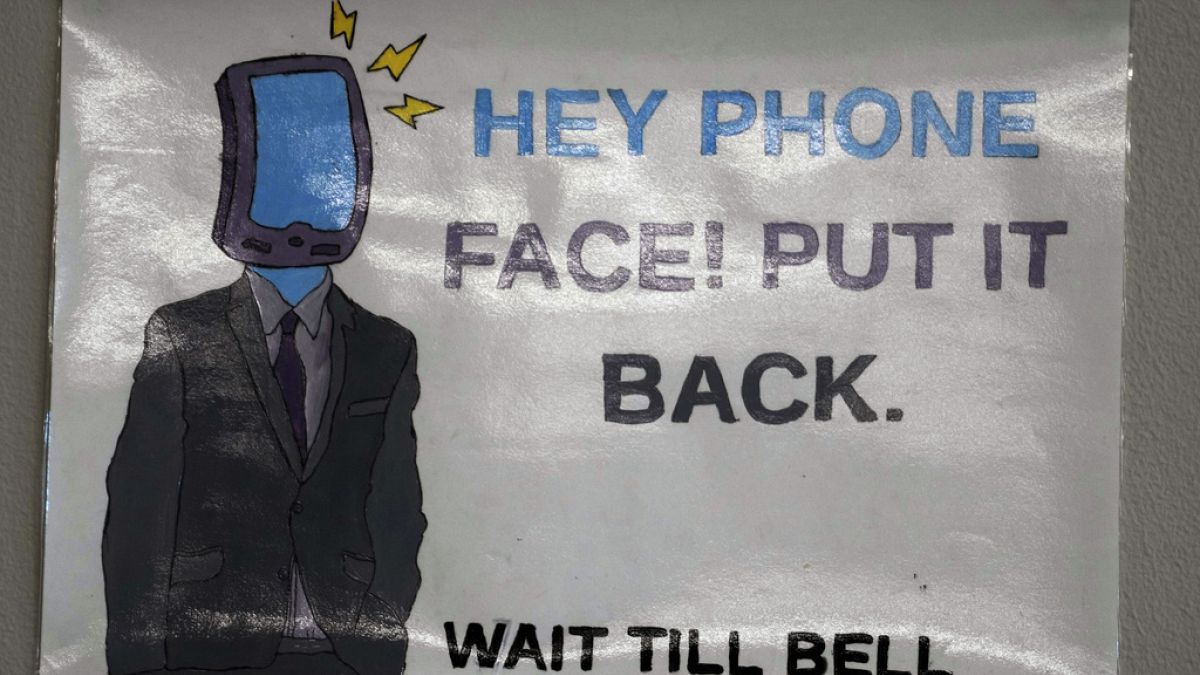A recent trial in nearly 200 middle schools in France has implemented a complete ban on cell phones in classrooms, with the aim of reducing screen time and combatting cyberbullying. The trial has been well received by both school staff and students, with plans to expand the ban to all schools across the country starting in January 2025. At Claudine Hermann Middle School in Paris, students are required to hand in their phones at the beginning of the day, teaching them to live differently and avoid distractions during lessons.
The mobile phones are stored in heavy-duty briefcases throughout the school day, with each briefcase costing around €300. While some departments funding middle schools find this cost to be heavy, outgoing Education Minister Nicole Belloubet believes the financial burden is modest. The ban has sparked discussions about the potential cost of implementing it nationwide, estimated at around €125 million for the country’s 7,000 middle schools.
The decision to expand the ban nationwide will be determined by the future education minister, as a new government has not yet been formed following early parliamentary elections in France. While the financial implications are being debated, the aim of the ban remains centered on reducing screen time and creating a more focused learning environment for students. Supporters believe that limiting access to phones during the school day can help improve concentration and reduce distractions.
The ban has been praised by students like Victor and Halima, who see the benefits of being without their phones during school hours. They believe that it allows them to focus on their studies, engage with their peers, and enjoy their time at school without the constant distraction of technology. The ban is seen as a positive step towards creating a healthier school environment that promotes social interactions and reduces the negative impact of excessive screen time on students’ well-being.
While the ban on cell phones in schools may initially face resistance from students accustomed to having constant access to technology, the long-term benefits are seen as outweighing the challenges. By reducing distractions and promoting face-to-face interactions, schools hope to create a more engaging and focused learning environment for students. The implementation of the ban in middle schools across France marks a significant step towards redefining the role of technology in education and prioritizing student well-being and academic success.
As discussions continue about the financial implications of expanding the ban nationwide, the focus remains on the potential benefits for students and the overall learning environment in schools. By encouraging students to be present and engaged without the distractions of cell phones, schools aim to foster a more positive and focused educational experience. The decision on whether to implement the ban in all schools across France will ultimately be determined by the future education minister, with the potential to reshape the way technology is used in classrooms and prioritize student well-being.










